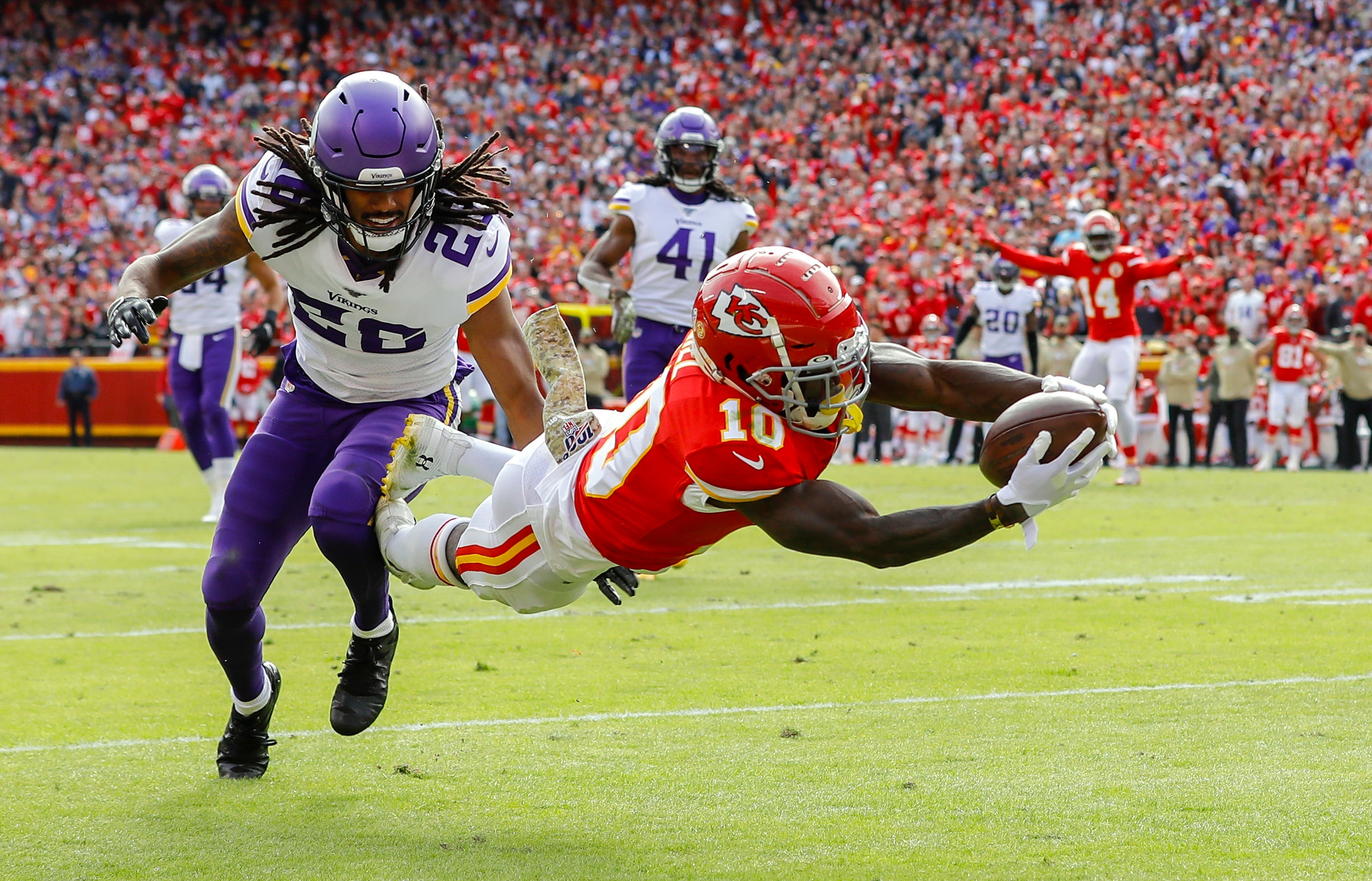Why Caesars’ £2.9bn bet on William Hill looks like a winner
The potential of the US sports betting market is huge and William Hill has built a winning position, writes James Moore


Staking William Hill’s board in the hopes of it winning you some money in a poker tournament would be a very bad idea.
On the face of it, the £2.9bn takeover Hill’s bosses have agreed with Caesars Entertainment, the US casino operator with which Hill has a joint venture, looks like a big pot to take home.
The 272p a share price represents an 80.7 per cent premium to the “volume-weighted” average of what the UK bookie has been trading at over the past three months.
It nonetheless undervalues the potential of the vast US sports betting market that’s only just begun to get going. Hill has folded just as that pot was building up nicely.
This is hardly a surprise. The company was once a star of the UK gambling firmament, only for its position to be fatally undermined by weak leadership and an ineffective board.
While its peers indulged in a furious bout of consolidation, Hill sat on the sidelines, occasionally tip-toeing up to the altar, only to end up getting jilted when it didn’t run away itself.
But just as a stopped clock tells the right time twice a day, Hill got one business decision right: it bet big on the US as states started legalising sports betting, and found itself a winner.
William Hill has secured a 29 per cent market share. Its name is regularly quoted on podcasts devoted to American sports when they turn to the subject of gambling, which the US sports media has enthusiastically embraced because the fans have too.
This explains why it has been the subject of multiple bids, and why a tie-up with Caesars, which owns Caesars Palace, has got further than any of the bookie’s previous flirtations, securing board approval and a recommendation that shareholders fall in line.
Caesars’ play is all about the US business. It isn’t interested in Hill’s UK and European arms, constricted as they are by increasing regulatory pressures driven by concerns about the social cost of liberalising gambling (something that America may eventually have to wake up to but probably not for several years). So its plan is to hand them off to someone else, presuming a buyer can be found.
The behaviour of the shares tells you the market thinks, or at least hopes, there could be a counter bid. They moved above the 272p purchase price when the deal was announced, albeit only modestly, as analysts made clear Hill’s board could, and should, have held out for a higher price.
Here’s what financial firm Jefferies said: “We still believe that William Hill is worth significantly more than the 272p Caesars bid.”
Working in the latter’s favour, however, is that it could call time on its joint venture allowing Hill’s to offer sports betting in its casinos, in the event that it gets trumped by, say, a fresh approach from Apollo Global Management, the private equity firm that has already had two bids rejected.
It has made clear that it will do that, potentially limiting what a counter bidder could pay.
So it’s now up to Hill’s shareholders, 75 per cent of whom have to approve the deal for it to be accepted. Will they hold out for more?
Here’s the thing: can they trust the William Hill board to get it if they do?
William Hill shares were clearly undervalued before the bid battle got going, but part of the reason for that is its miserable track record, and investors’ lack faith in the business realising its potential under the current regime.
So the smart money is on their either taking Caesars cash and pocketing whatever winnings they’ve made on Hill or, just as likely, cutting their losses.
Anyone who’s been to Las Vegas knows the house always wins. Caesars house, or rather its palace, is poised to do that with the bet it’s just made.



Join our commenting forum
Join thought-provoking conversations, follow other Independent readers and see their replies
Comments